What concrete benefits can AI bring to expert work that requires strategic insight, systemic thinking, and the ability to renew operations sustainably? In our experiments conducted with partners, we focused on these very questions.
In our experiments, we sought answers to the following questions:
- What new value could AI bring to impact-driven design?
- How can AI help address various national and international challenges?
- In what ways can AI support expert work?
AI experiments with our partners
When we launched the experiments in spring 2024, large language models (LLMs) were only beginning to be adopted. Their use in processes requiring creativity and strategic thinking was still limited.
The experiments were structured around strategic challenges at the international, national, and individual levels. They were carried out in collaboration with the Folk Music Institute, Kulta ry, the Arts Promotion Centre Finland, LUT University, VTT, Dimecc Oy, and Headai Oy. Gofore supported the experiments by contributing expertise in AI and systems thinking. The experiments took place between May and September 2024.
Based on our findings, we identified five key lessons that managers and experts can use to enhance the impact of their work. Ultimately, it’s not just about technology – it’s about the opportunities it creates to renew and transform how we work.
Five lessons for effective expert work
- Adopt a systemic approach
The added value of artificial intelligence becomes most evident when it is integrated into a broader strategic and systemic framework. To achieve real impact, move away from siloed and linear design models. Instead, focus on shared goals and adopt a proactive, systemic approach to solving complex challenges. - Upgrade management for the AI era
Leading in the age of AI requires strategic foresight, agile decision-making, and support for continuous renewal. Treat strategy as an ongoing process – but don’t outsource decision-making. Use agentic AI (autonomous AI systems) to build real-time situational awareness and clarify strategic choices. Ensure that your organization’s structures, processes, and ways of working are aligned with the changes AI brings. - Clarify the division of labour between AI and experts
AI doesn’t replace experts – it enhances their role. Let AI handle analytics and routine tasks, while humans focus on creativity, critical thinking, and decision-making. The goal is to boost both the efficiency and meaningfulness of work. Continuously monitor and support the development of your team’s skills. - Harness AI to support collaboration
Use AI to enhance teamwork and productivity, but define its role clearly. Encourage experts to experiment boldly and foster a culture of continuous learning and collaborative practices that support shared work. - Build an ethically sustainable, data-driven culture
Use data responsibly and transparently. Strengthen data literacy at both individual and community levels, and ensure that data governance aligns with ethical principles and a human-centered work culture. Humans should lead AI – and the change it brings – not the other way around.
What was done in the three experiments?
Integrating a cultural goal into the UN’s Sustainable Development Goals
What was the experiment about?
Culture currently lacks its own dedicated goal within the UN’s Sustainable Development Framework. However, such a goal is essential, as sustainable intergenerational behavior can only be achieved by transforming culture. A cultural objective would also enable the cultural sector to more fully commit to the Sustainable Development Goals (SDGs).
What was done?
In this experiment, we explored the campaign for a cultural objective at three levels: international, national, and community. We used systemic modeling and artificial intelligence to examine the interconnections between the SDGs. The study also focused on tools and process models that can effectively highlight the role of cultural behavior in advancing sustainable development.
Using systemic modeling and language models, we outlined the strategic goals of the campaign. We also aimed to deepen understanding of the links between UNESCO and key concepts in cultural policy.
What did we learn?
- Language models require precise concept definitions and consistent terminology.
- The importance of expert input was highlighted – AI alone cannot meet the demands of high-level expertise.
- AI offers new opportunities for data processing, particularly in influencing social behavior, but also introduces ethical challenges and risks.
- Systemic modeling proved to be a powerful tool for developing sustainability thinking and planning its practical implementation.
- Education, best practices, and competence development are crucial for promoting cultural sustainability. UNESCO’s extensive data resources offer future opportunities, such as piloting models that support cultural sustainability at both individual and community levels.
Who was involved?
- Matti Hakamäki, Finnish Folk Music Institute
- Annika Lyytikäinen, Ministry of Education and Culture
- Kaisa Rönkkö, Arts Promotion Centre Finland
Further information
- Matti Hakamäki, Finnish Folk Music Institute
- International Goal for Culture 2030 campaign
- Finland’s Cultural Goal 2030 campaign
Fast Expert Teams – Clean energy investments in Southeast Finland
What was the experiment about?
This experiment tested the Fast Expert Teams (FET) working model developed by the LUT School of Business and Management. The model uses digital collaboration technologies to support cross-sectoral cooperation among experts. The goal was to promote investments in clean energy and the hydrogen economy in Southeast Finland.
What was done?
Led by a research team from LUT University and facilitated by a Howspace expert, a temporary community of 60 energy experts was assembled. Together, they developed eight concrete proposals to help Finland succeed in the clean energy and hydrogen economy markets. These proposals have since been initiated and are being advanced.
We enhanced the FET process in collaboration with LUT researchers and Gofore, focusing particularly on the role of artificial intelligence in sharing and generating knowledge. Workshops were organized to encourage the use of AI tools and to demonstrate the potential of generative AI at various stages of collaboration. The Howspace platform’s AI tools were used to streamline the team’s work. Additionally, we explored the potential of systemic modeling to better understand the energy investment ecosystem.
What did we learn?
- AI can support collaborative thinking, reflection, and productivity in expert work.
- Systemic modeling is a valuable tool for understanding complex problems, but it requires foresight and adequate resources.
- The role of AI in expert and team work is expanding rapidly, and new functions are needed to support information retrieval, sharing, and creation.
- Challenges included technological limitations, time constraints, and data interface issues. The effective use of AI tools requires ongoing support and continuous development of expert skills.
Who was involved?
- Kirsimarja Blomqvist, LUT University
- Essi Janhunen, LUT University
- Tuuli Toivikko, LUT University
Further information
- Kirsimarja Blomqvist, LUT University
Radical innovations and new agency
What was the experiment about?
Accelerating Finland’s growth and competitiveness requires radical innovations and a new kind of agency. This experiment explored what new ways of working and thinking are needed in the midst of a technological revolution—and how individual agency and competence can be supported within multidisciplinary innovation networks.
What was done?
We used systemic modeling and artificial intelligence to analyze large volumes of text, identify key themes related to the experiment’s goals, and crystallize a shared understanding. In addition to joint discussions, we used the Howspace platform to enhance interaction and information sharing, which accelerated the formation of common ground. At the same time, we strengthened collective learning and modeled how AI can support expert agency in multidisciplinary innovation networks.
What did we learn?
- AI is a strategic tool that accelerates learning, deepens analysis, and helps solve complex challenges.
- AI must be accompanied by deep human expertise.
- A new kind of agency requires courage to experiment and the ability to tolerate uncertainty.
- AI is part of a continuous development process that supports decision-making, operations, and innovation.
- Effective use of AI requires organizations to have the courage and capability to integrate new tools into everyday work.
- Success depends on bringing together diverse actors and multidisciplinary expertise, working collaboratively, and learning together.
- AI supports innovation in multidisciplinary ecosystems.
Who was involved?
- Heli Harrikari, DIMECC
- Laura Juvonen, VTT
- Anu Passi-Rauste, Headai
Further information
- Heli Harrikari, DIMECC
Join us – let’s take steps forward together
The coming years will be decisive in determining how Finland succeeds in leading the renewal required by the technological revolution – sustainably.
We believe that the Finnish public sector can become a global pioneer in the use of data and technology by 2030 through swift and consistent reform.
In May 2025, we launched the Productivity for the public sector initiative. Its goal is to enable the implementation and scaling of new, impactful solutions in the public sector by leveraging data, technology, and artificial intelligence. New types of funding solutions and concepts will be introduced in autumn 2025, but applications are already open for the call Data and artificial intelligence in strategic decision-making in the public sector.
Seize the opportunity and join us in reforming the public sector – in a way that also boosts business growth and competitiveness!
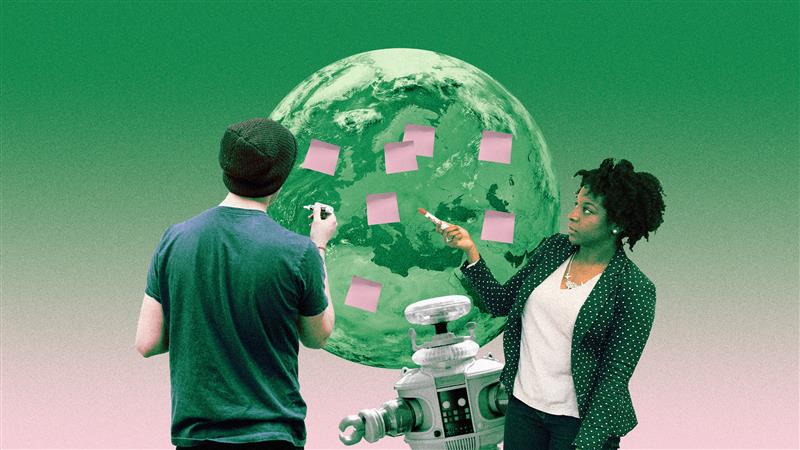


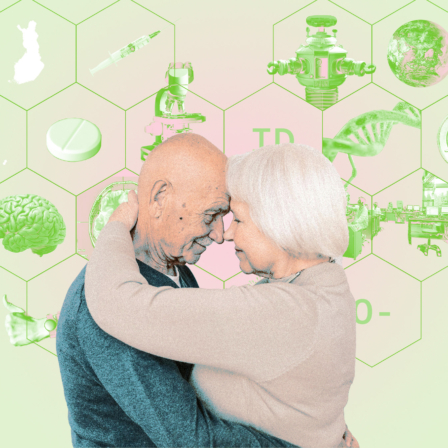



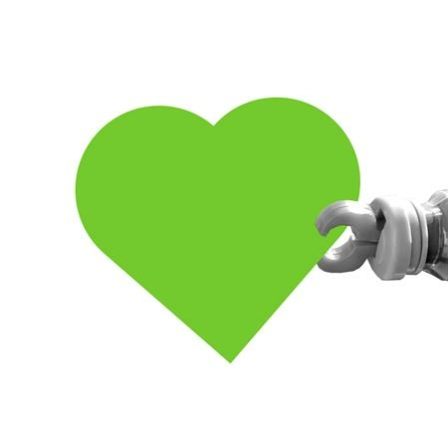
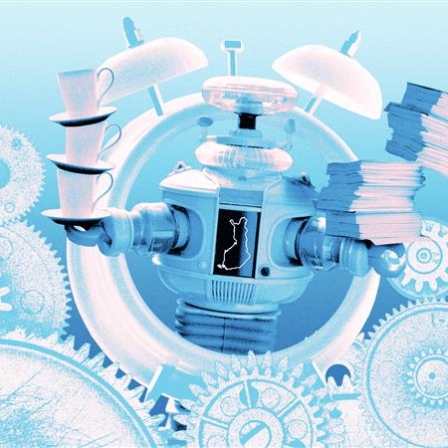
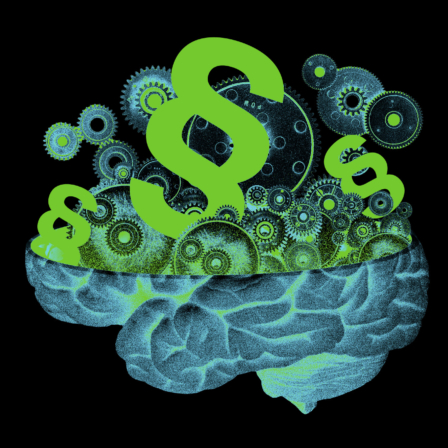
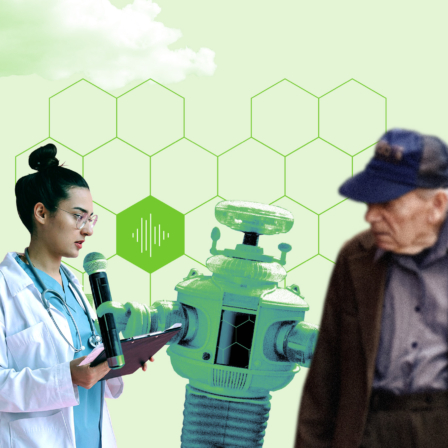

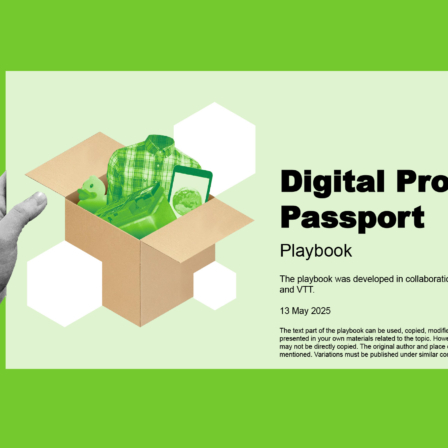
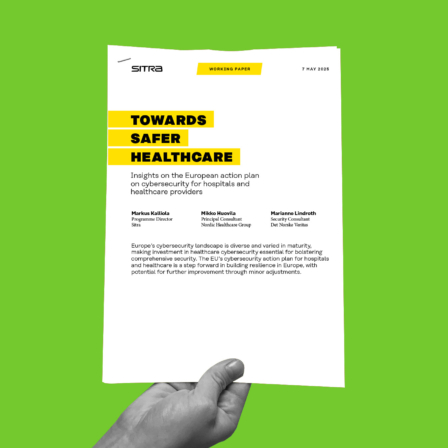

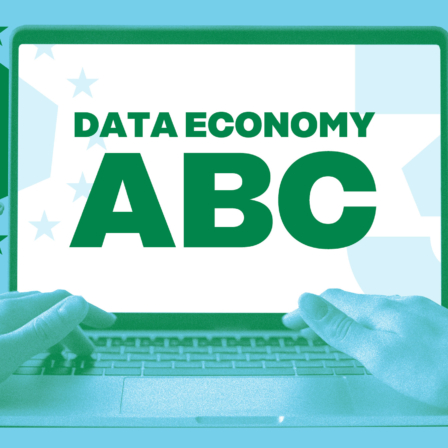
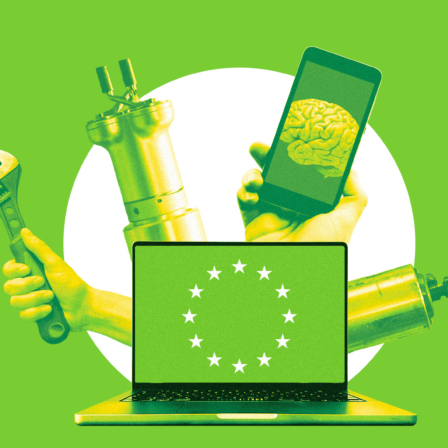
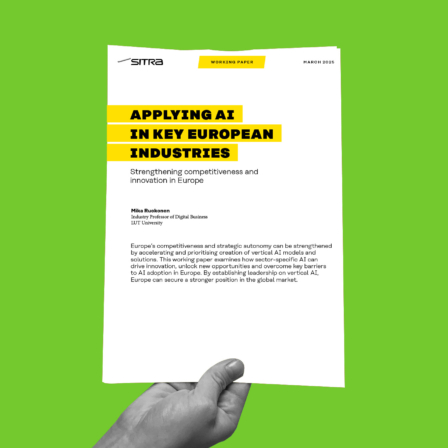
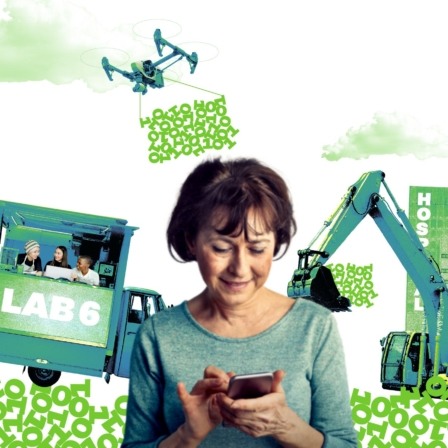
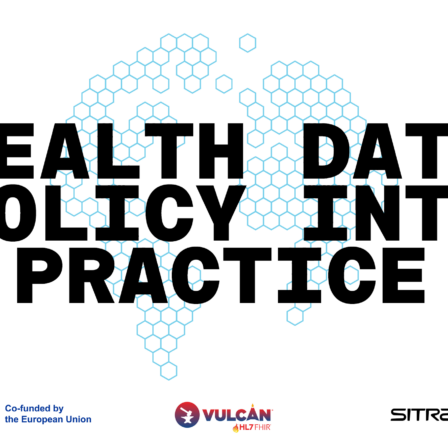

Recommended
Have some more.